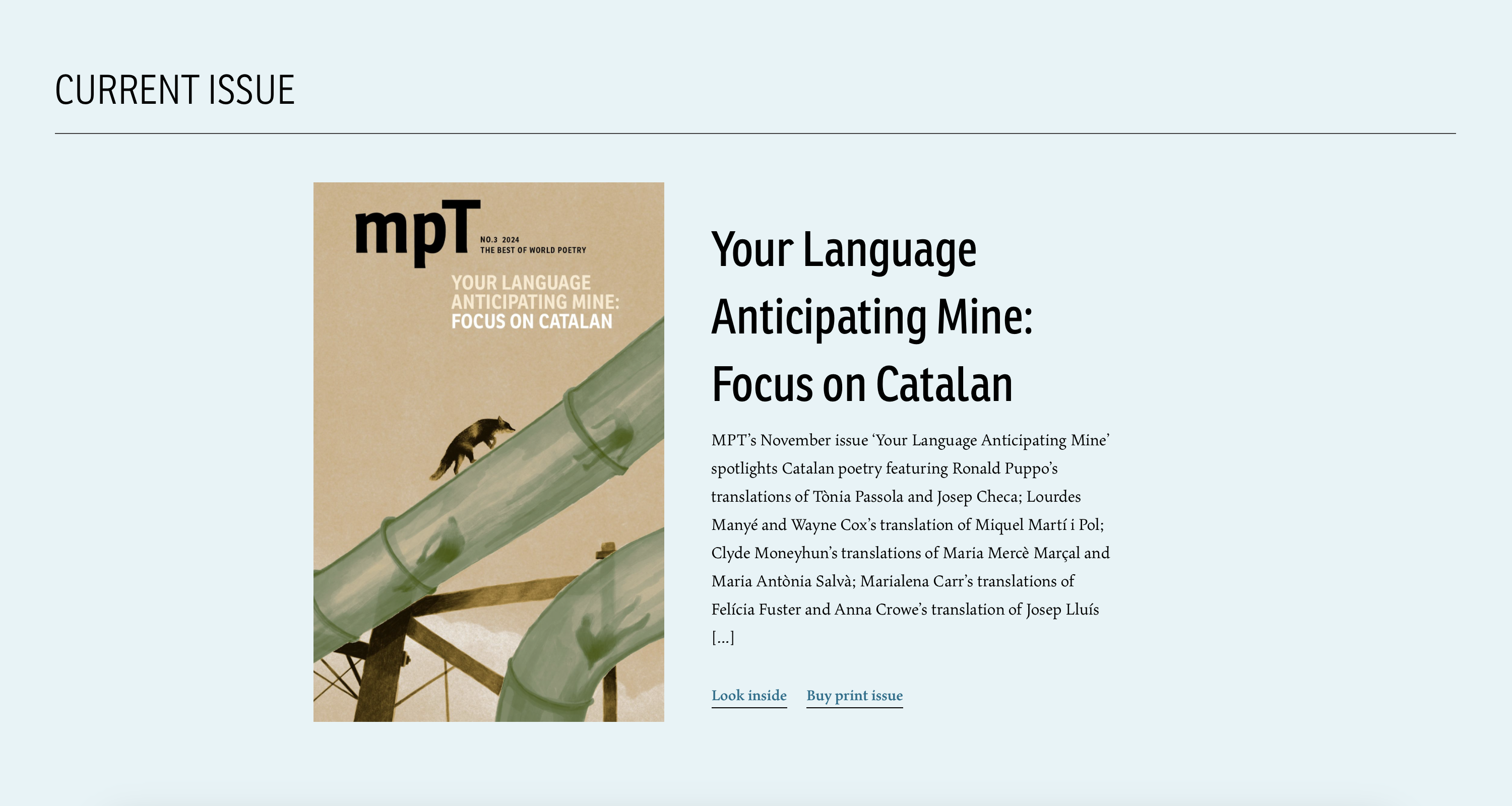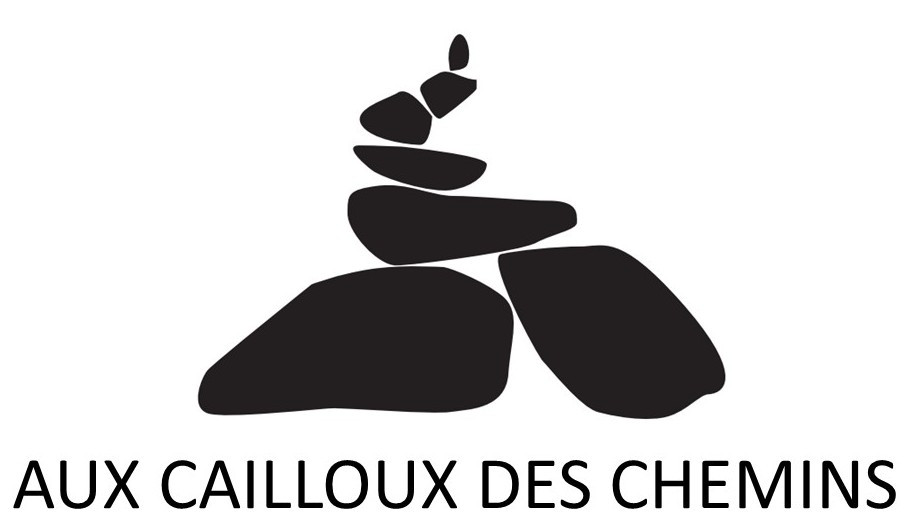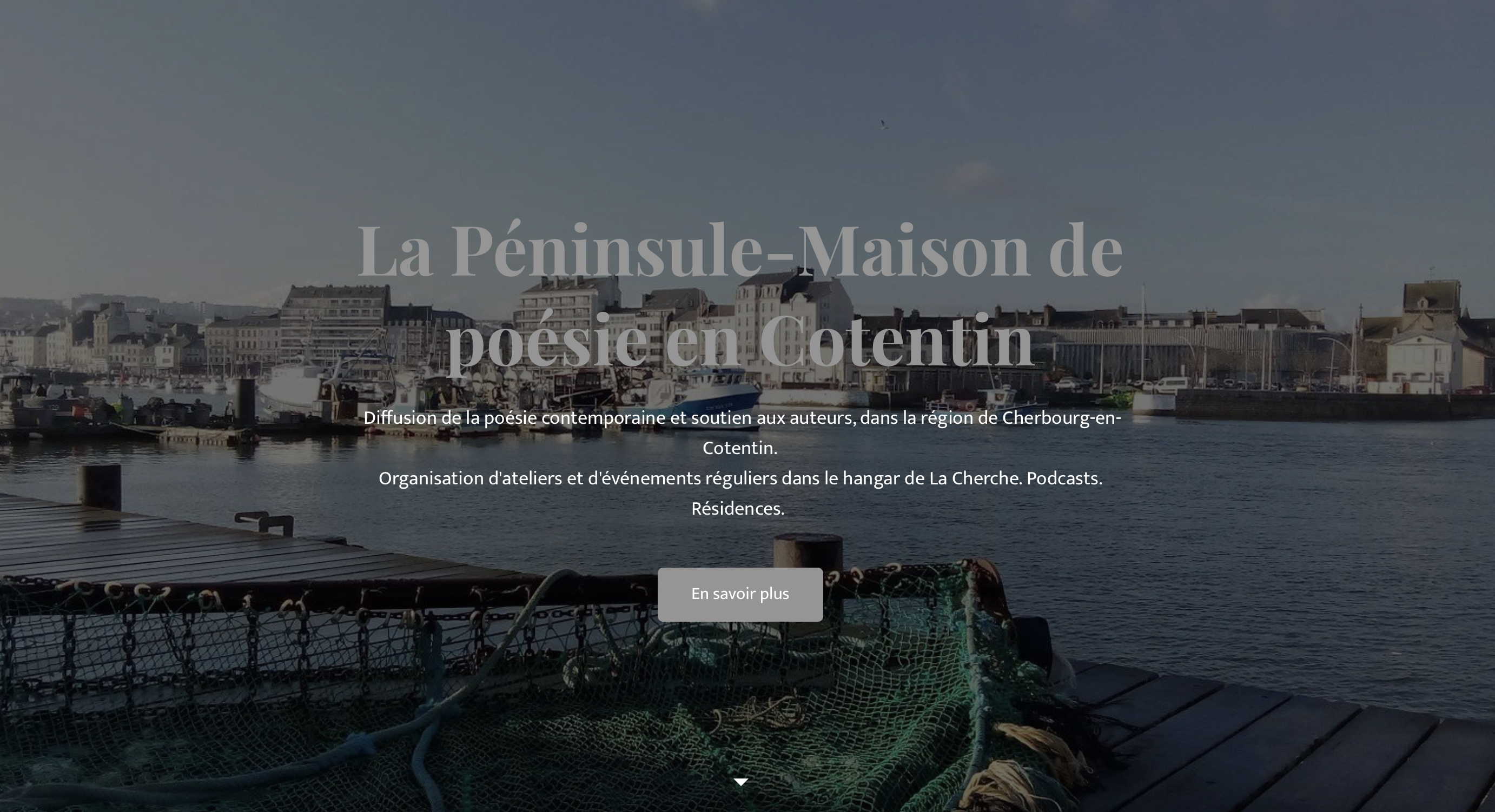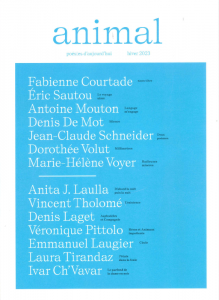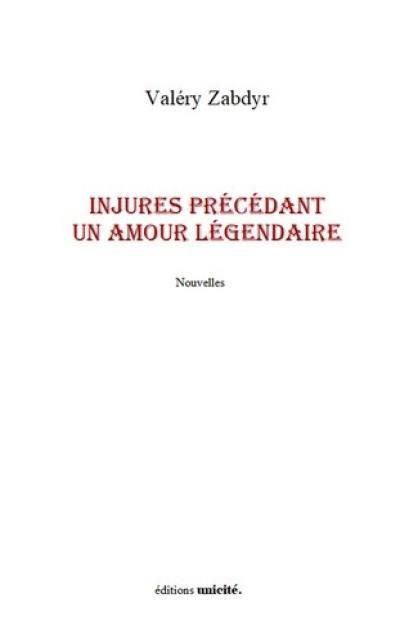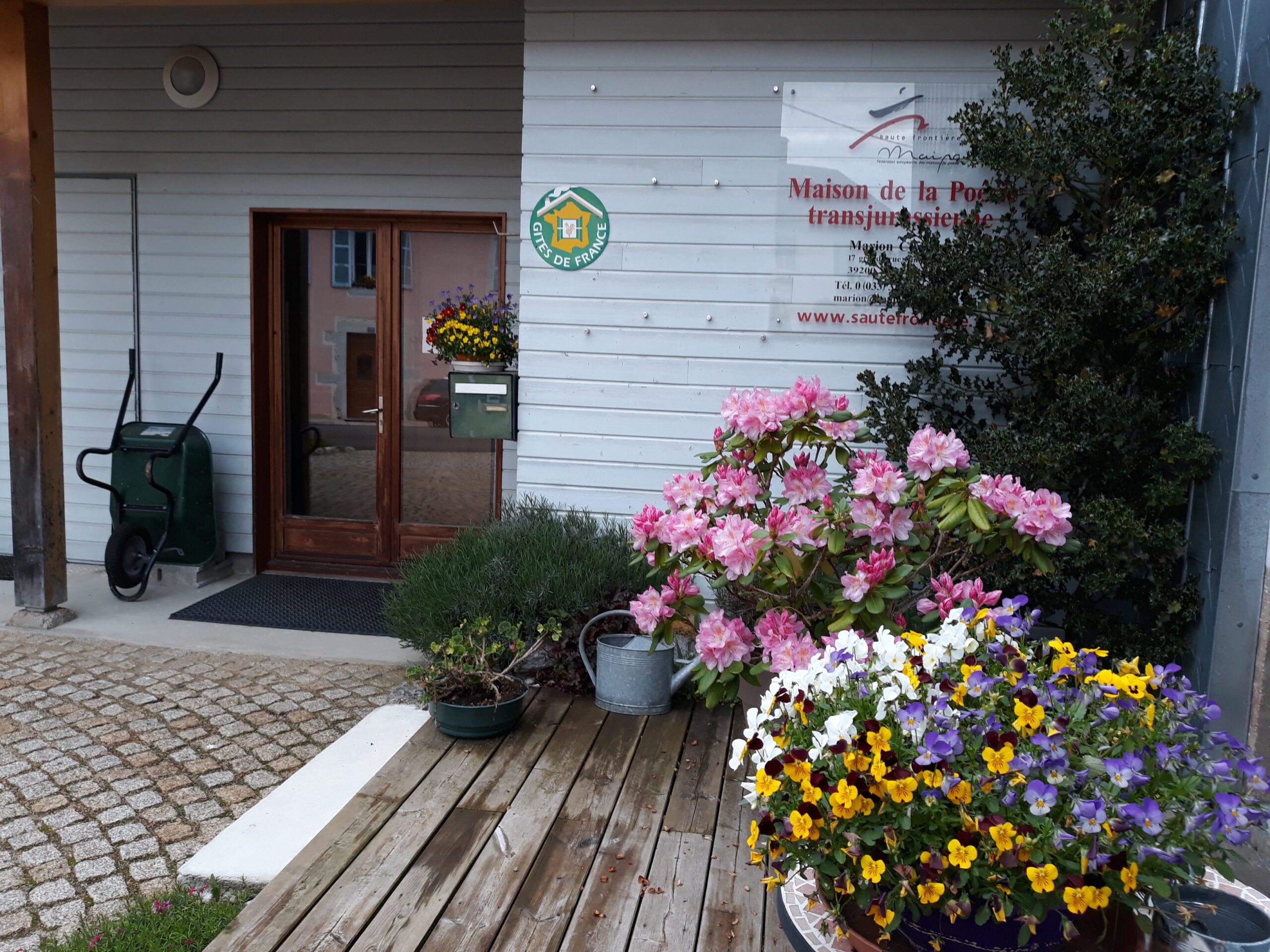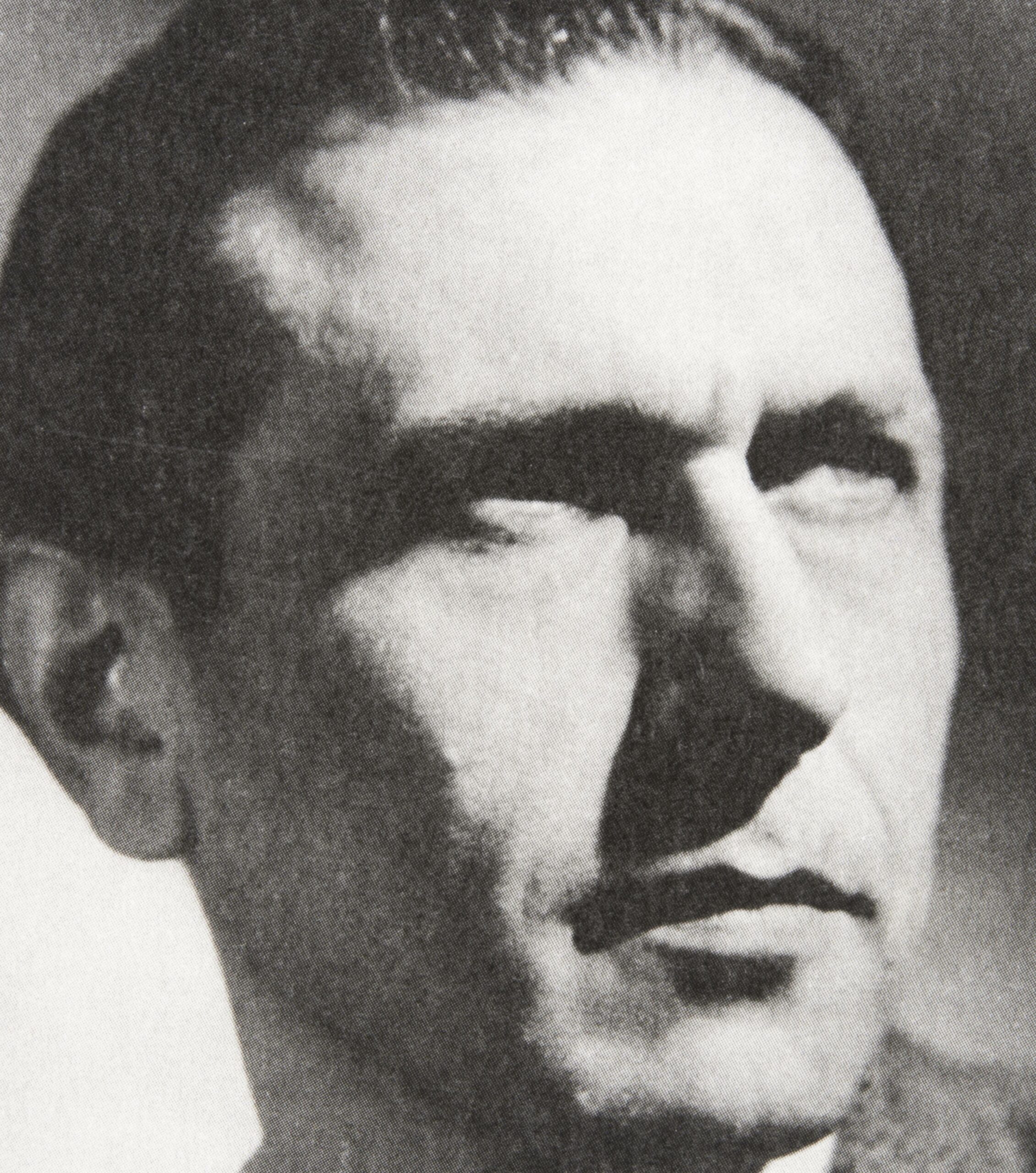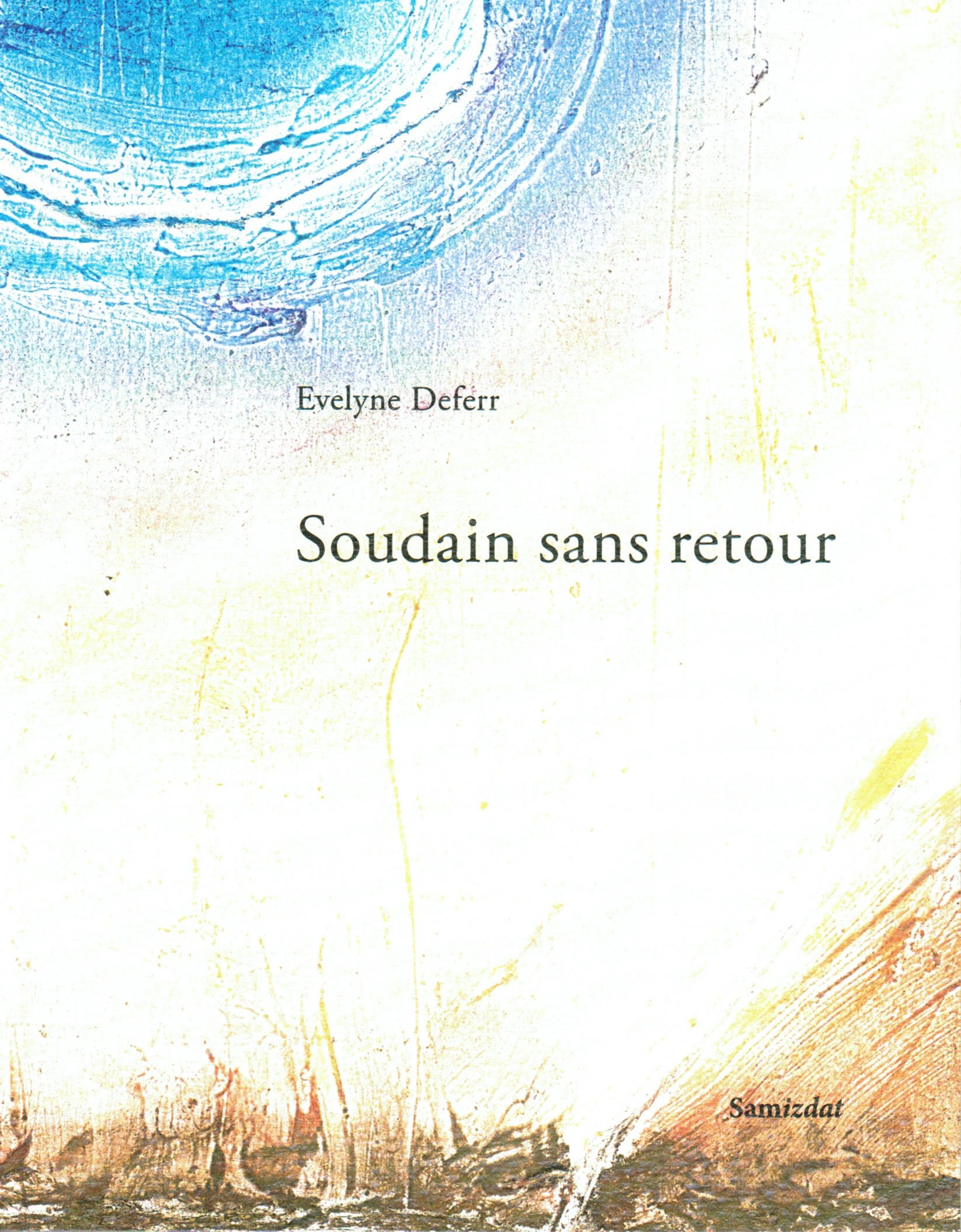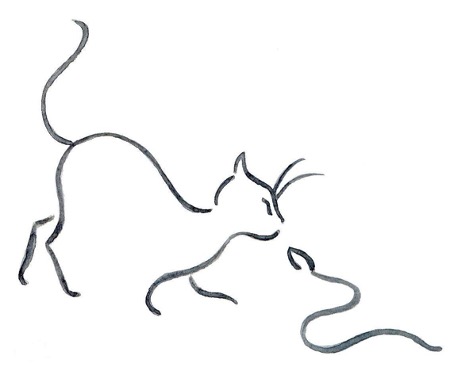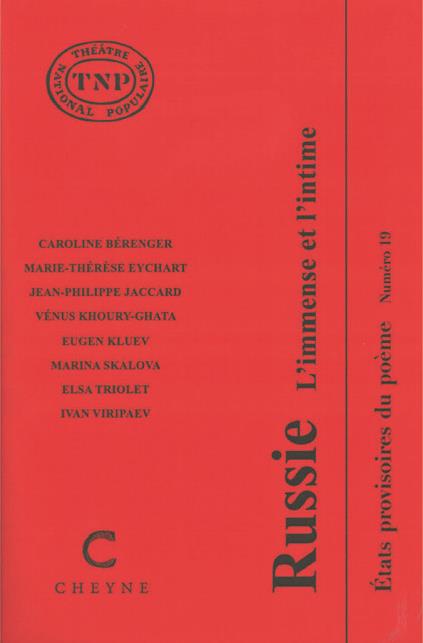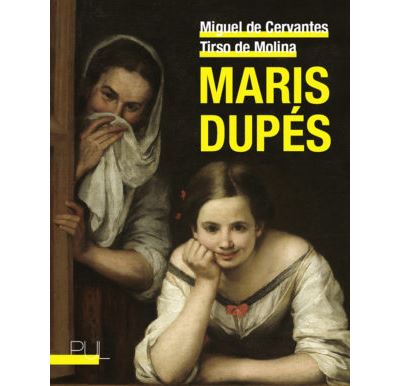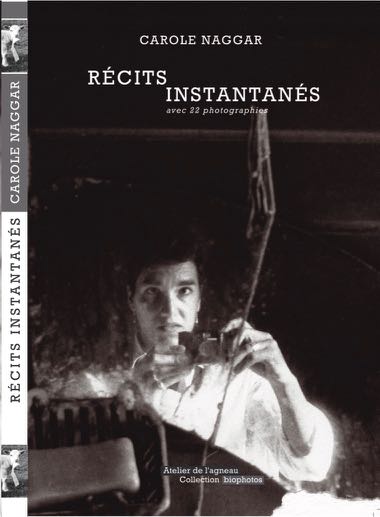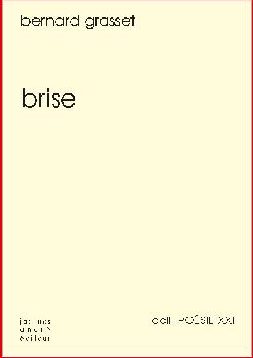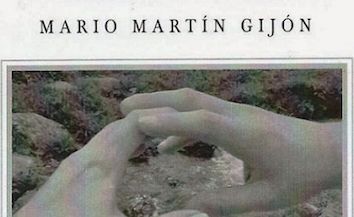It seems that God has chosen a few hundred, or at the very most a couple of thousand, in each nation for the buying of poetry collections. Poetry is published in small print runs and the shelves of poetry doesn’t take up much space at the bookstore. That’s how it is in Denmark and in most other countries – even in China with a population of 1.4 billion it is rare that a poetry collection becomes a bestseller.
When travelling the world and spending time in airports, you are plainly confronted with these unshakeable facts. There is always a bookstore in the airport, but too often the shelves hold no poetry whatsoever. At the front of the counter are mysteries and current bestsellers with flashy covers. More modestly placed you may find a section of classics, but no poetry! I find that rather unambitious – poetry has aesthetic dimensions you cannot find in prose. It evokes emotions in a more direct manner and focus on themes of importance for everyone.
Recently on my way home from Peru I had to change planes at Heathrow and was in transit there a few hours. I went into the bookstore and was presented with the gloomy fact: No poetry. Astonishing! The UK is an old national culture with proud traditions in poetry. British poets have written so much exceptional and emblematic poetry. Would it not be appropriate for every bookstore in the country to carry Blake, Yeats, Pound, Auden, Elliot or Ted Hughes, Sylvia Plath and Seamus Heaney? In order to find a solution to the mystery I approached the friendly young clerk. “Sorry,” he said without shame, “Poetry doesn’t sell.”
You could receive the same answer in a bookstore in Copenhagen. And we are very well aware of it; the market forces drive life on our planet. However, the problem is that if poetry isn’t to be found in a bookstore it will never get the chance to prove its viability. If readers are only fed mysteries and bestsellers we will all become more stupid, our brains will wither and our souls lose their wings. There ought to be poetry on the shelves of every bookstore with a sense of professional pride and self-respect.
I actually don’t think that the current situation among booksellers gives a true picture of the esteem of poetry among readers. Poetry lives, is doing well and flourishes like never before. It follows its own channels to connect with readers. Festivals and readings gather many enthusiasts who enjoy listening to poetry and who may buy a book or two at the same time. And that makes sense because poetry originated in the market square and in the bazar, where poets have recited since antiquity.
Among Danish poets Inger Christensen was unique. A great performer and an eminent poet. When she died a few years ago The Guardian called her “one of the most significant European poets of the 20th Century” – and states in the same breath that “She was Danish, and it is a misfortune for any great writer to be confined to a language with few readers.” That may be true, but Inger Christensen crossed the language barrier with Alphabet – a long poem full of wonder at the world and nature, and keenly aware of our threats to them – and Butterfly Valley, a requiem in the form of a cycle of sonnets of overwhelming beauty and deep existential insight.
Among women poets one should also mention Pia Juul and her fairytale poetry full of cruelty and magic and Naja Marie Aidt who lives in New York and who with Alting blinker [Everything is Gleaming] explores the feeling of being a stranger in a new place in the world. An accessible, humorous and absurd sensibility characterizes much of her work that is favored by readers. As is Pia Tafdrup, who has been translated into Turkish by Murat Alpar.
One of the most important Danish poets is Henrik Nordbrandt. In book upon book he challenges himself and the Danish language and in some miraculous way he almost seems to grow younger and more playful with the years. Henrik Nordbrandt is well known in Turkey where he has lived several times. He speaks the language and has many friends among Turkish poets. Fortunately he has also written a Turkish cookbook, Damelår og andre specialiteter [Lady thighs and other Specialities ], that introduce hungry Danes to the wonders of Turkish cuisine.
Peter Poulsen and Thomas Boberg should also be counted among distinguished Danish poets. And recently a collection of Peter Laugesen’s poetry was published in Turkish translation, Sincabın Sakladığı Sözcükler (Yapi Kredi Yayinlari, 2011). Laugesen writes a surrealistic diary-like poetry, inspired by his own experiences of daily life, like going for a walk and change conversations with random passers by. His book was also translated by Murat Alpar, who together with Hüseyin Duygu, is of invaluable importance as cultural bridge builders between Turkey and Denmark.
Finally I want to mention Erik Stinus a fine poet and a dear friend who died a few years ago. During his last year alive he received “Uluslararası Nazım Hikmet Şiir Ödülü”. At that event the festival direktörü Salih Zeki Tombak said, “Erik Stinus, okuyucuyu Danimarka şiirinin ironik karakterlerinden uzaklaştırır. Stinus, buna karşılık batı şiirinin yaşayandan yola çıkan, yaşadığı Çağa tanıklık eden büyük bir ozandır. Yaşam boyu bütün eserlerinde ortaya koyduğu insancıl öz ve sanatsal başarıdan dolayı ödülün kendisine verilmesine karar verildi”.
That’s how it is: poetry is the necessary breath and oxygen of language. There is every reason for optimism and to feel good about the state of things. Poetry may not be displayed at the front of the bookstore and it rarely reaches the top of the bestseller lists. Instead good poetry is long-lived. As the classical Chinese poets Li Bai (701 – 762) notes in a fragment:
Perfect poems
Are the only buildings
That always stay standing
Niels Hav, Copenhagen, 2013


